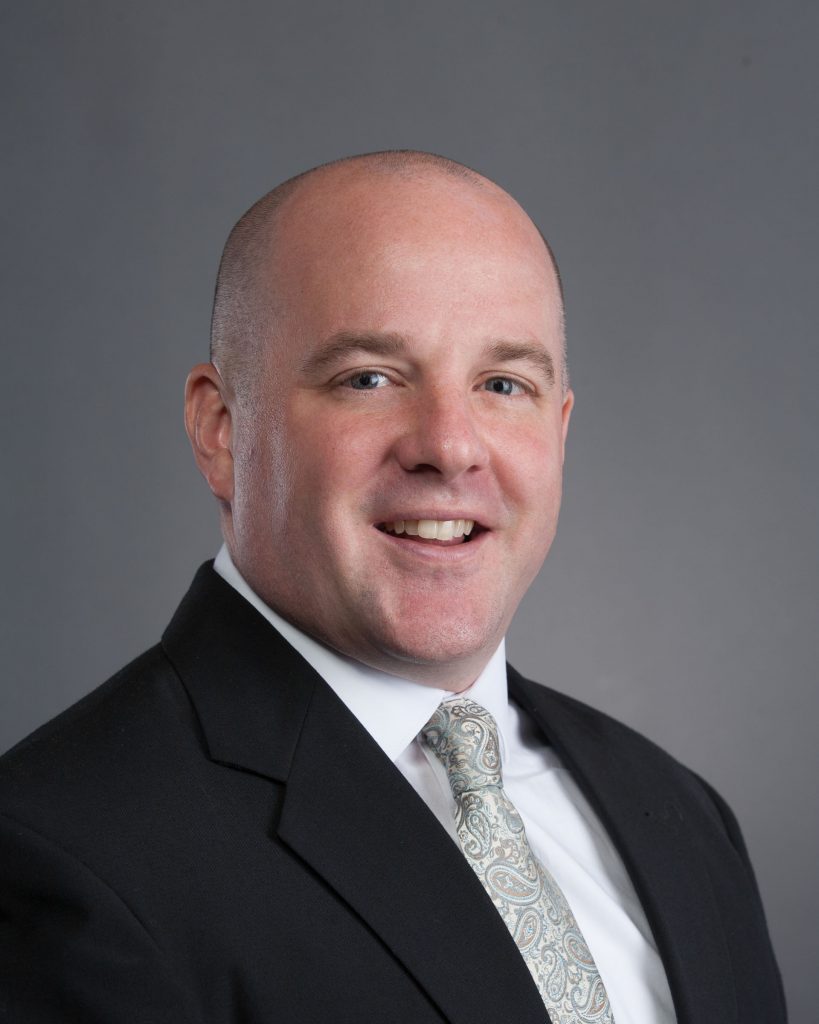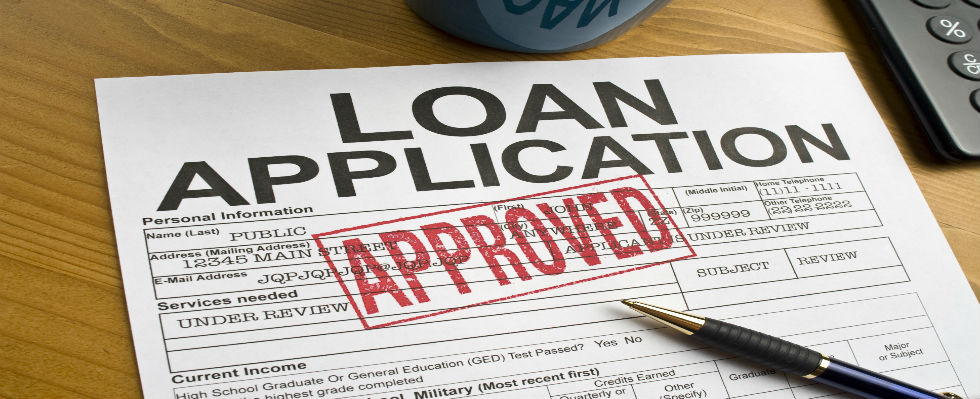Why and When to do a Commercial Mortgage over a Hard Money or Private Money Loan
1. When Time is not a factor (although you can still close in 30 days). The commercial mortgage process is not as long as many people believe.
2. When Rates and Terms are the focus (80% LTV on a 30 year fixed loan)
3. When your credit score is not an issue and there is a solid credit history (no BKS or Foreclosures in the last several years)
4. When the property is either turnkey or there is a plan to make it so.
5. When your mortgage paperwork is all in order
Type of Commercial Mortgages
1. Conventional: 30 Year Fixed down to a 10 year Fixed and there are Adjustable options.
2. Stated Income/Lite Documentation: 30 Year Fixed down to a 10 year Fixed and there are Adjustable options.
3. Fix and Flip: Interest only for up to 12 months (extensions are available)
4. Fix and Hold: Interest only for up to 12 months (and then refinanced directly off the line of credit)
Underwriting for Conventional Commercial Mortgages
Acceptable Property Types: Apartment Buildings, 1-4 units, Retail, Office, Mixed Use, Warehouse, Light Industrial, Stand Alone Buildings
1. This type of loan requires the most amount of paperwork – but allows for the lowest rates!
2. Two years of business and personal tax returns.
3. LLC Documents (Letter of Legal Existence, Operating Agreement, and Articles of Organization)
4. Property Documents (leases, Purchase and Sales if applicable, rent roll, operating statement).
5. Two months of Bank statements showing reserves and/or down-payment
6. Commercial Mortgage Application and Credit Report (tri-merge)
7. Appraisal and if applicable and Environmental Review (different than a Phase 1).
8. Property Must be Turn-key
9. If No experience then a Property Management Company may be required.
10. If done under an LLC then there can be no UCC Filings against the LLC
Underwriting for Stated Income Commercial Mortgages (DSCR Loans)
1. Same requirements as Conventional Commercial.
2. The main difference is that you are only showing tax returns, but your income is not calculated in the underwriting process – only the property income is used to calculate for the loan approval
3. The other difference is rate. The rates are usually ½ a point higher than Conventional Commercial
Underwriting for Fix and Flip Mortgages
Acceptable Property Types: 1-4 units residential (financing up to 85% of Purchase and 100% of Rehab) and 5+ Residential Units (financing 80% of Purchase and Rehab). Mixed Use is allowed as long as it is 25% or under
1. First, we have to approve your Line of Credit (which puts you to the front of the line) when making an offer: And all you will need is an Application, Track Record form, and REO Schedule needed. No experience is necessary to qualify for the Line of Credit.
2. The underwriting process will require review of LLC documents, forms of ID, a credit report (prefer 660+), and a profit and loss statement.
3. Once you have the Line of credit, then all you will need to close is a purchase and sales agreement, title, insurance, Rehab Budget Form, and an appraisal/inspection showing ARV.
4. This program is really meant for the real estate investor that is going to do several properties in the same year.
5. Your rate and line amount is determined by credit score, net worth (not liquidity), and experience. The payments are interest only and there is a draw schedule (which will require site visits)
Underwriting for Fix and Hold Mortgages
1. Same guidelines as the FIX and Flip Mortgages
2. When the property is completed, we transition the loan in to either a Conventional or Stated Income Commercial Mortgage (DSCR). There are streamline options with this as well!
The commercial mortgage process is not difficult to navigate through. Call us today for a free commercial mortgage consultation or click here to start the pre-approval process.
Thanks,

Michael Meyer
President Spartan Commercial Mortgage Services
mike@spartancommercialmortgage.com
(860) 876-0572


